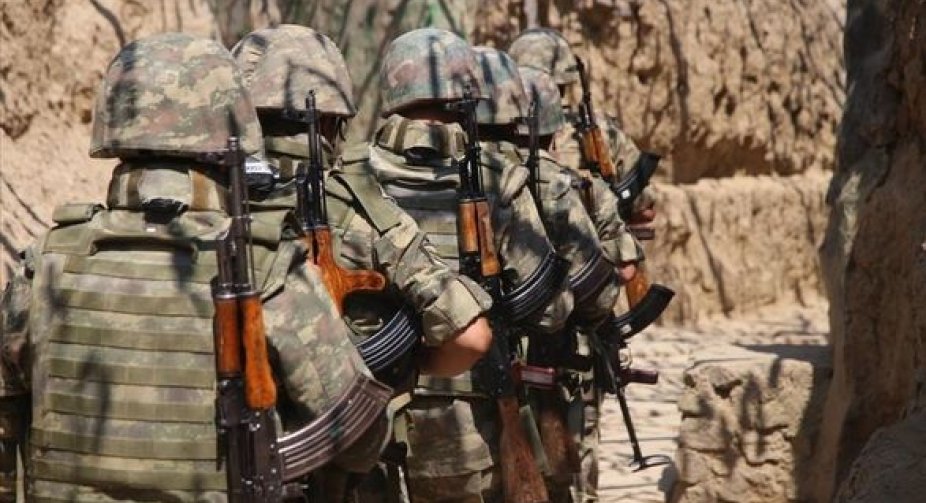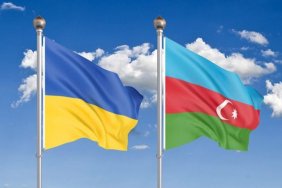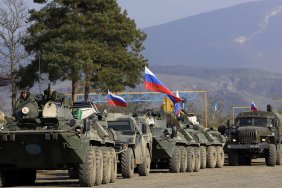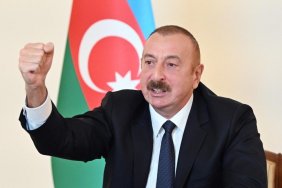Azerbaijan will return control over the city of Lachin and some villages on the road between Khankendi and Armenia by the end of this month, in accordance with the joint declaration signed by Russia, Azerbaijan and Armenia, Anadolu reports.
Russian troops and the Armenian population will leave the area around the highway known as the Lachin corridor, where Lachin and the villages of Zabukh and Sus are located, temporarily transferred under Russian control, in accordance with the trilateral declaration signed by the three countries on November 10, 2020.
According to the declaration, Azerbaijan will build a new road beyond Lachin. The Armenian population of Karabakh will use their road to and from Armenia for three years.
The Russian forces, which guarantee security on the Lachin corridor route, will also move their checkpoints to the new road.
According to information from the Iranian press and social media, the Armenian population settled in Lachin, Zabusi and Susi have been advised to leave the region by September 25. They will be able to settle either in Armenia or in Khankendi and receive financial assistance from Yerevan.
Although the Armenians leaving the region were warned not to burn their houses or cause damage to the environment, images are circulating in social media, showing some Armenians burning their houses and natural forests. Speaking to Azerbaijani State TV about the evacuation of Armenians from Lachin, Azerbaijani President Ilham Aliyev said, He entrusted the State Committee on Affairs of Refugees and Internally Displaced Persons to contact the indigenous residents of the city of Lachin, the villages of Zabukh and Susa and to begin work on returning them to their historic homeland.
For information, Lachin and its villages were occupied by the Armenian army in 1992, and then in the following years the Armenians brought from Syria and Lebanon settled there. Throughout the entire process, Azerbaijan stated that it considers it a war crime and a violation of the Geneva Conventions.
Relations between Armenia and Azerbaijan have been strained since 1991, when Armenian troops occupied Nagorno-Karabakh, also known as Upper Karabakh, an area internationally recognized as part of Azerbaijan and a number of pre-independent districts.
When the new confrontations broke out in verse 2020, during the 44-day conflict Azerbaijan relieved several cities and over 300 settlements and villages that had been occupied by Armenia for over 30 years.
The hostilities ended in the fall of 2020 with an agreement brokered by Russia, under which Armenia received the part of the territory it had occupied for ten years.
In June 2021, Azerbaijan, Turkmenistan and Russia agreed on the development of economic ties and infrastructure for the benefit of the entire region.






